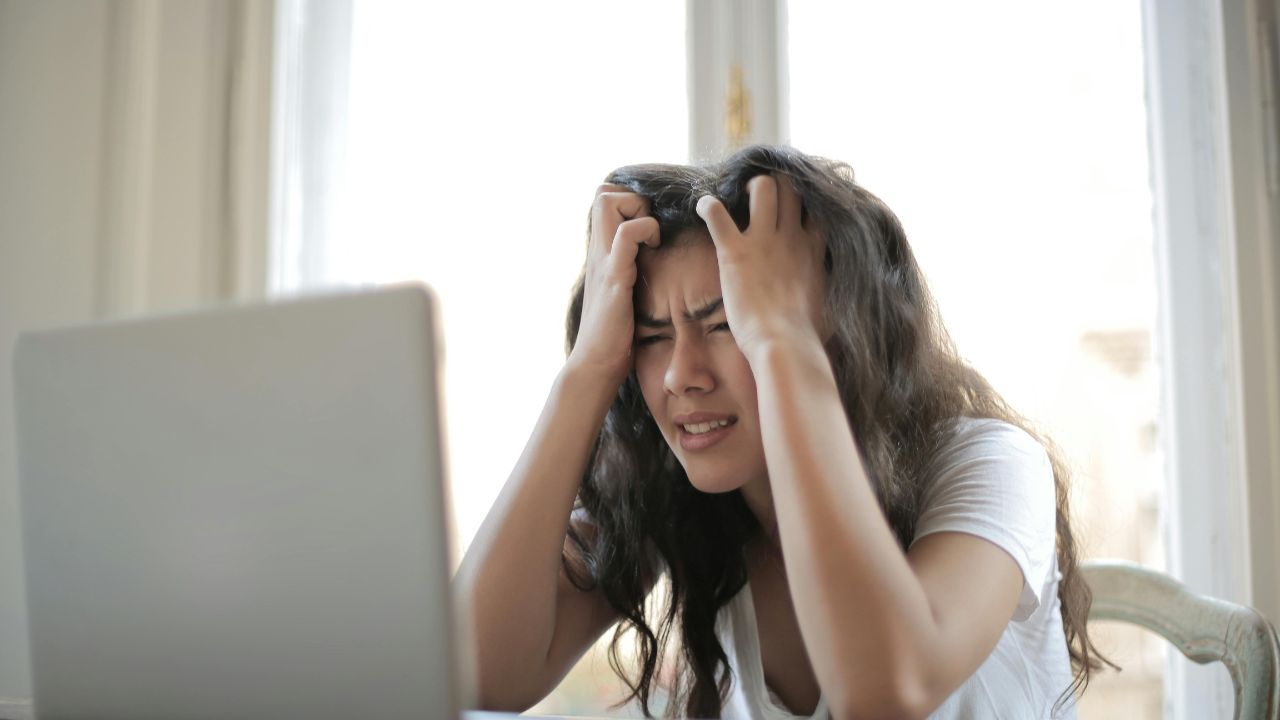People who exercise regularly enjoy better wellbeing and mental health. Moreover, in those with mental illness, exercise can improve mood and focus in addition to physical health.
Many people think that exercise must be strenuous or be done in a gym to be effective. That’s not true.
Any exercise is better than being sedentary, but for the best results, experts recommend being active daily rather than focusing on hitting the gym a few times a week.
What’s the Link Between Physical and Mental Health?

The link between physical and mental health is both direct and roundabout. Being in good physical health means you’re less likely to become isolated or worry about your health.
Illnesses and conditions, especially chronic, long-term ones, leave patients frustrated and chronically stressed about their symptoms and pain. They become socially isolated, and their self-esteem suffers.
Low self-esteem and stress can trigger anxiety and depression, creating a vicious circle in which physical ill health causes mental ill health, and the two feed on each other in a neverending cycle of misery.
Conversely, being in good physical health helps you connect with others, spend more time doing what you enjoy, and stress less. This lessened stress does wonders to alleviate the symptoms of anxiety and give you a mental break.
How Can Exercise Help Mental Health?

You can stay active to keep physical conditions from affecting your mental health. Any form of exercise — from a walk around the neighborhood to strenuous biking or jogging — releases chemicals in your brain that make you feel good.
These chemicals, also known as “feel-good hormones,” are responsible for the high you get after you engage in physical activity. Besides making you feel good in the moment, they also increase your self-esteem and ability to concentrate, feel, and sleep better.
What’s more, they also actively fight your pain. For example, endorphins are known as the brain’s natural pain relievers. They are released by the brain when we’re in pain and create a general feeling of wellbeing.
Moderate exercise, like a brisk walk, tells your brain to release endorphins, giving you a feeling of exhilaration as a reward for your work.
Serotonin is another feel-good hormone that is great for your mental wellbeing and is released when you exercise.
Produced by an area in the center of the brainstem, serotonin makes you feel happy and like everything’s right with the world — a natural mood booster and remedy against feeling depressed if there ever was one.
How Does Lack of Exercise Affect Your Mental Health?

For many moons, traditional wisdom has dictated that feeling low or depressed can lead to physical inactivity and a host of debilitating conditions associated with it.
However, as we’ve seen above, a lack of physical exercise can affect your mental health by making you isolated, stressed, and prone to anxiety.
Besides, research has found that physical activity affects the participants’ mood after exercise, but their mood doesn’t affect the amount of physical activity they engage in later.
This finding is the opposite of popular wisdom and shows the importance of physical activity on mood regulation. In other words, if you’re looking out for your mental health, the key is to stay active regularly.
How To Be More Active Every Day

You may be on board with staying active every day but have to contend with a demanding job that keeps you chained to your desk. Maybe you are so busy with life’s demands that you can only dream of going for a leisurely walk.
Nevertheless, making exercise part of your everyday routine isn’t hard. If you drive everywhere, consider walking to locations that are closer to where you live.
Even walking your pet or your kids to school counts as exercise, as do several chores you do around the house, like vacuuming or washing windows.
Consider taking up a few low-maintenance hobbies, like cycling or gardening. Anything that gets you off your butt is worth a try. Moreover, exercising outdoors gives you better results than staying cooped in.
What If I Struggle With Being Active?

Sometimes, exercise doesn’t help, and being told you should be more active to feel better mentally may sound like an empty promise that frustrates you.
It’s important you don’t follow someone else’s routine or take up exercises you don’t enjoy. If the gym is not for you, don’t get a membership because your friend enjoys theirs.
Likewise, don’t overdo it. Over-exercising can strain muscles and make you feel worse. Plus, you’ll get mentally fatigued rather than energized and rejuvenated, which defeats the purpose of staying active.
Still, you can still be active if you’re kind to yourself, understand your limitations, and refuse to compare yourself to others. Instead, find what works for you, respect your lows, and only do what you can.
Staying active greatly benefits your mental health but is not the only answer. It can take time to feel better, and you may need additional help in the form of therapy or medication.




